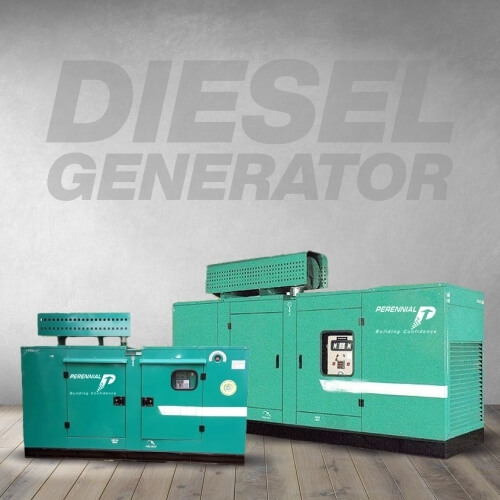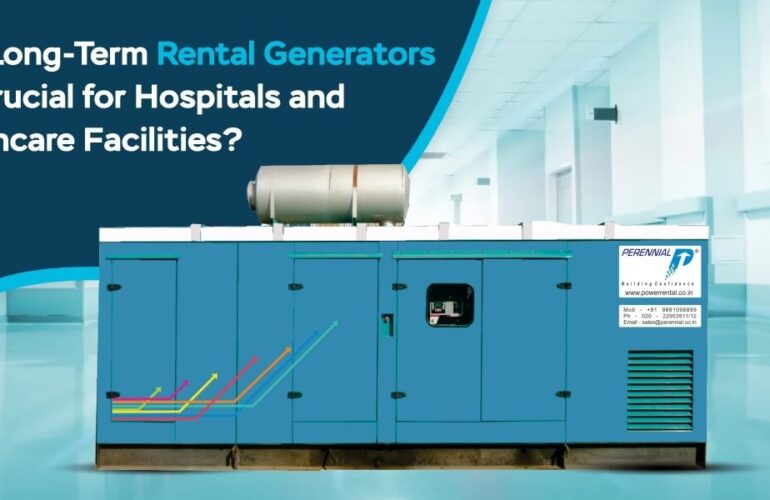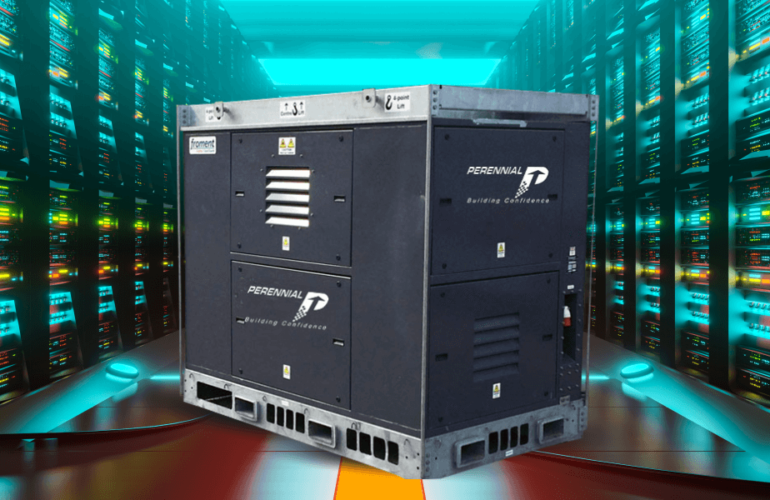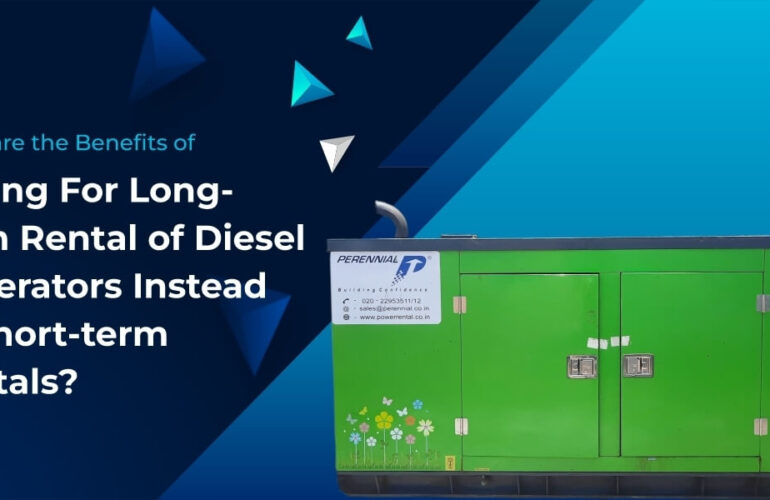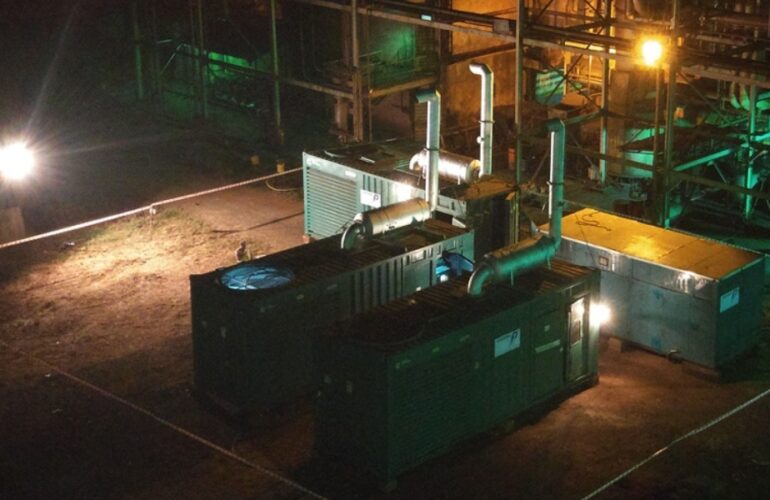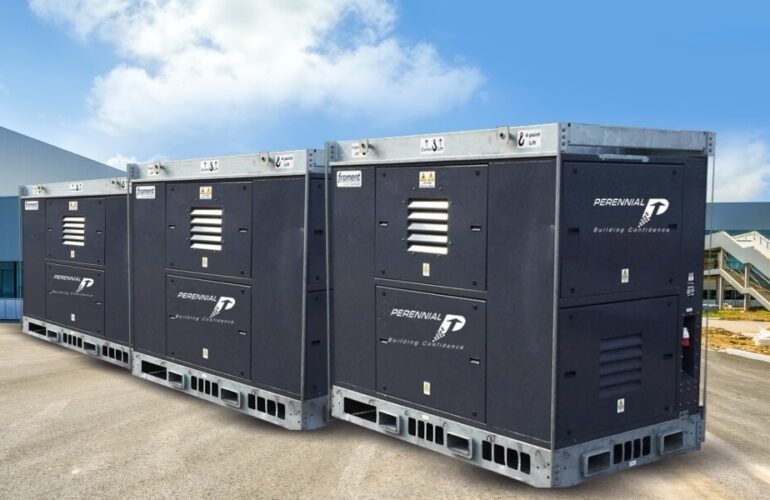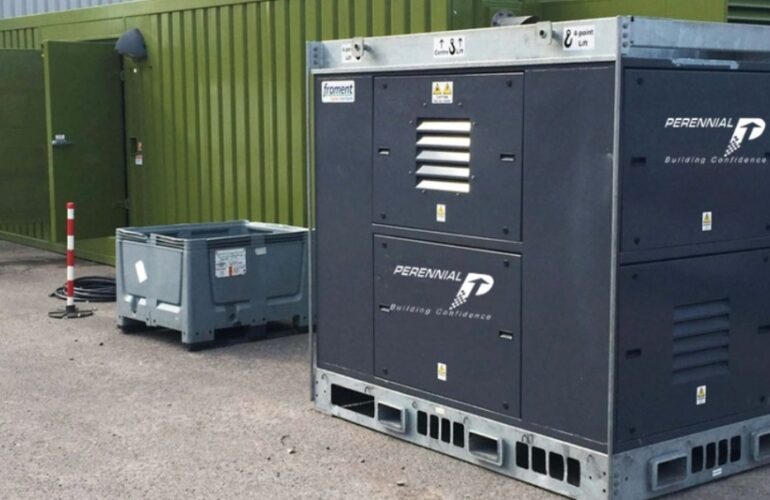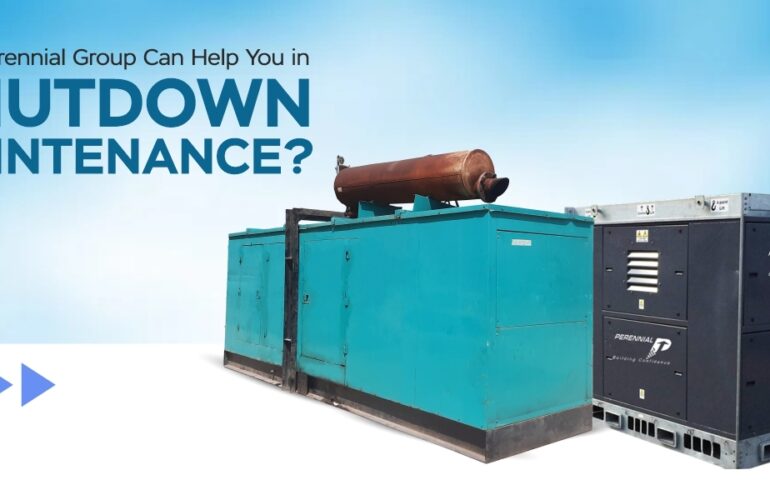Introduction
Diesel gensets have been a reliable and efficient source of backup power for many years. It can be used as backup-ups for hospitals or data centers, or for farms or construction sites in remote locations, Diesel gensets have many uses. However, with the growing adoption of renewable energy sources, such as solar and wind power, the future of diesel gensets is uncertain.
In order to remain compliant, emissions and noise are the two areas that diesel generators have had to address.
This takes us to some important questions such as does a greener future mean they will eventually be fazed out altogether? Can they remain compliant with the regulations yet to come? Will they even be able to compete in the future with advancements in wind turbines and solar?
On the one hand, diesel gensets are still needed to provide backup power when renewable energy sources are not available. For example, solar panels do not generate electricity at night, and wind turbines cannot generate electricity when there is no wind. Diesel gensets can also be used to provide peak power during periods of high demand.
On the other hand, diesel gensets are a major source of air pollution. They emit nitrogen oxides, sulfur dioxide, and particulate matter, all of which can have negative health effects. Diesel gensets are also a major source of greenhouse gas emissions, which contribute to climate change.
However, diesel genset manufacturers are developing new technologies to make them cleaner and more efficient, in order to reduce their environmental impact. For example, some manufacturers are developing diesel gensets that run on biodiesel, a renewable fuel made from vegetable oil or animal fat. Other manufacturers are developing diesel gensets that use hybrid technologies, such as solar panels and batteries, to reduce their reliance on diesel fuel.
Shift of the Market
Diesel generators act either as backup electricity or sometimes as the main source of power for people living in rural locations with unreliable mains electricity, or for those who live completely off-grid.
However, as more people live in areas that are off-grid, there is a shift happening towards generating electricity from renewable sources. Compared to diesel generators, solar power, and wind turbines are more efficient and accessible options. As per the modern professional installation, the owner need not manually switch between energy sources.

Though diesel generators are incorporated into these systems, they are only used by the system as a last resort, which largely reduces the amount of diesel fuel that is used. It makes the system efficient and cheaper to run.
Such hybrid systems provide the reliability of a traditional diesel generator without the usual drawbacks, such as cost, noise, and emissions.
Why This Shift to Renewables?
The market is shifting from diesel generator sets (DG sets) to renewables for a number of reasons. Let’s have a look:-
- Cost: The cost of renewable energy has fallen dramatically in recent years, making it more cost-competitive with diesel generators. For example, the cost of solar panels has fallen by more than 80% in the past decade.
- Environmental impact: Diesel generators are a major source of air pollution and greenhouse gas emissions. On the other hand, renewable energy sources are sustainable and clean.
- Government policies: Many governments are offering incentives and subsidies to promote the use of renewable energy. For example, the Indian government is offering a subsidy of up to 40% on the cost of solar panels.
- Reliability: Renewable energy sources have become more reliable in recent years. For example, solar panels and wind turbines can now generate electricity even on cloudy or windy days.
- Versatility: Renewable energy sources can be used to generate electricity in a variety of settings, from homes and businesses to remote villages and microgrids.
As a result of these factors, the market for DG sets is declining, while the market for renewable energy is growing rapidly. For example, the global market for solar panels is expected to grow from $151.1 billion in 2021 to $336.7 billion by 2028.
Some specific ways in which diesel gensets are likely to be used in a world of renewables are:-
- Backup power for critical facilities: Diesel gensets will continue to be used to provide backup power for critical facilities, such as hospitals, data centers, and communication networks. These facilities cannot afford to experience a power outage, even if renewable energy sources are not available.
- Peak power generation: Diesel gensets can be used to provide peak power during periods of high demand. For example, diesel gensets can be used to generate additional power during the summer months when air conditioning usage is high.
- Hybrid power systems: Diesel gensets can be used in hybrid power systems with renewable energy sources, such as solar and wind power. This allows renewable energy sources to provide the bulk of the power, while diesel gensets provide backup power and peak power generation.
Overall, the future of diesel gensets in a world of renewables is likely to be one of transition. Diesel gensets will continue to be used to provide backup power and peak power generation but may be less frequent as renewable energy sources become more widespread. Diesel genset manufacturers are also developing new technologies to make diesel gensets cleaner and more efficient.
Despite the challenges they face, diesel gensets are likely to continue to be an important part of the energy mix for many years to come. They offer a number of advantages over other backup power sources, such as batteries and fuel cells. Diesel gensets are relatively inexpensive to purchase and maintain, and they can provide a large amount of power for a long period of time.
We, at Perennial Technologies, provide diesel generators for rent. If you are looking for a generator for rent near me then our rental generator is the best option. Our cost of DG set is much more affordable than others. You can contact us, for a 150 KVA dg set price or a 500 KVA dg set price.


